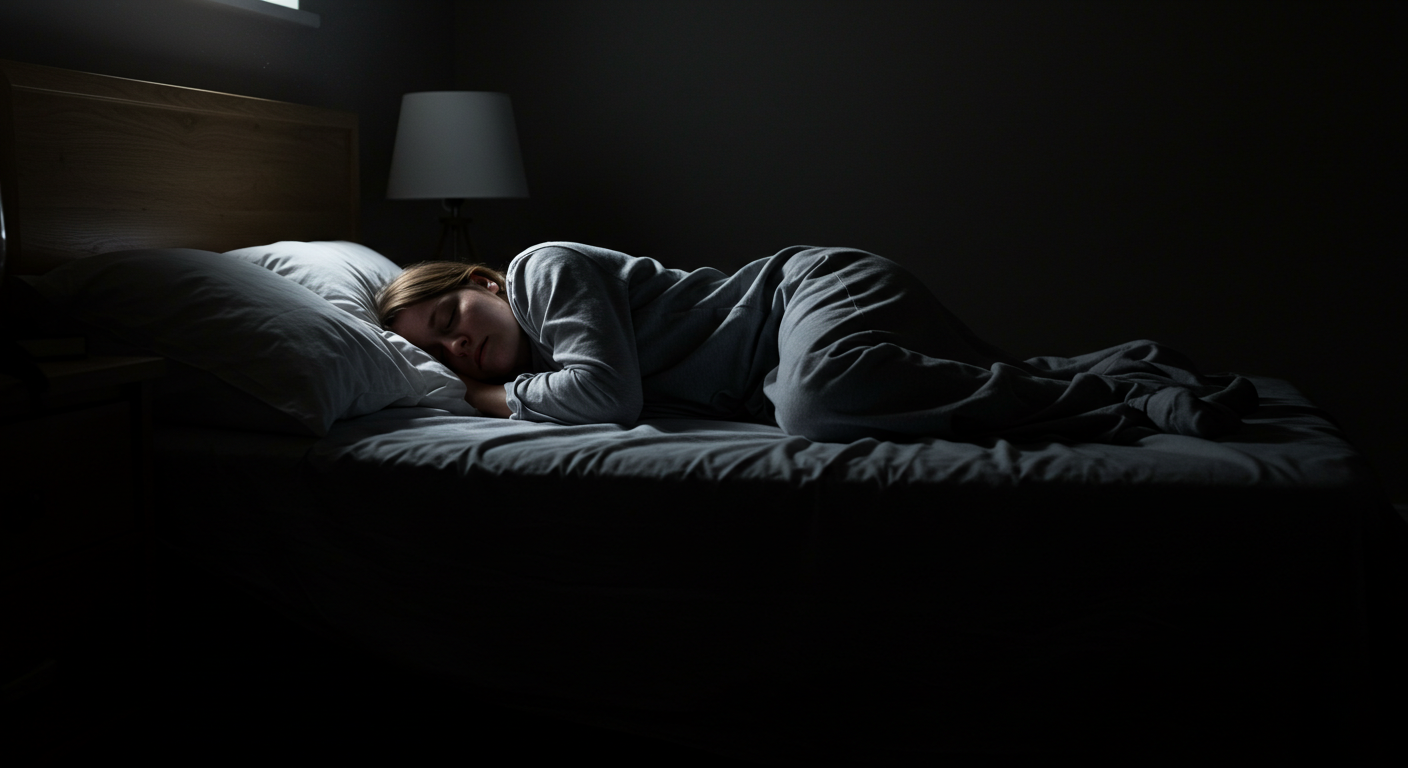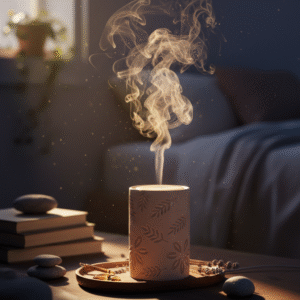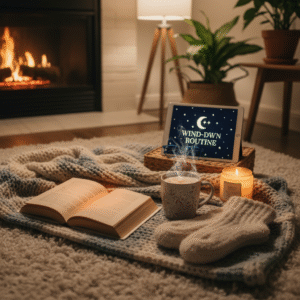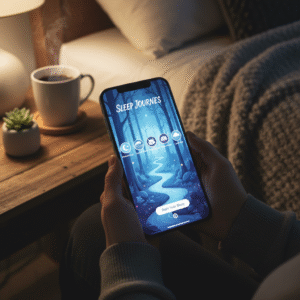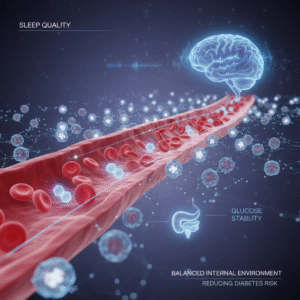Discover how untreated obstructive sleep apnea can impact the effectiveness of blood pressure medication. Learn about the risks of hypertension and sleep apnea, and the importance of consulting a healthcare provider for proper diagnosis and treatment.
Obstructive sleep apnea is a common and serious sleep disorder characterized by pauses in breathing during sleep. These pauses can lead to disrupted sleep patterns and reduced oxygen levels in the blood, contributing to various health risks. One of the significant complications of untreated OSA is its impact on hypertension, or high blood pressure.
The Centers for Disease Control and Prevention reports that approximately 36 million American adults have uncontrolled high blood pressure, highlighting the prevalence of this health issue in the population. If left untreated, OSA can exacerbate cardiovascular risks in individuals with hypertension.
The Impact of Sleep Apnea on Blood Pressure Control
Understanding the Relationship:\nSleep apnea and hypertension often coexist, creating a complex interplay between the two conditions. The repetitive drops in oxygen levels during apnea episodes can trigger the body’s stress response, leading to an increase in blood pressure. Over time, this can cause sustained high blood pressure, putting individuals at risk of cardiovascular events such as heart attacks and strokes. Moreover, the fragmented sleep caused by frequent awakenings during apnea episodes can further contribute to the development of hypertension.
Treatment Challenges
Individuals with untreated sleep apnea who are also prescribed blood pressure medication may face challenges in achieving optimal blood pressure control. The underlying sleep disorder can interfere with the body’s ability to regulate blood pressure effectively, making it harder to manage hypertension with medication alone. As a result, some individuals may experience persistent high blood pressure levels despite adhering to their prescribed treatment plan.
Importance of Diagnosis
Recognizing the signs and symptoms of sleep apnea is crucial for individuals with hypertension. Symptoms such as loud snoring, gasping for air during sleep, and daytime fatigue should not be ignored, as they could indicate an underlying sleep disorder. Consulting a healthcare provider for a comprehensive evaluation, which may include a sleep study, can help determine if sleep apnea is contributing to high blood pressure levels.
Managing Sleep Apnea and Hypertension
Treatment Options:\nFor individuals diagnosed with both sleep apnea and hypertension, a comprehensive treatment approach is essential. Continuous Positive Airway Pressure (CPAP) therapy, the gold standard treatment for sleep apnea, can help keep the airway open during sleep, reducing apnea episodes and improving oxygen levels. In addition to CPAP therapy, lifestyle modifications such as weight management, regular exercise, and avoidance of alcohol and tobacco can also play a significant role in managing both conditions.
Collaborative Care
Coordination between healthcare providers managing sleep apnea and hypertension is key to optimizing treatment outcomes. By working together, providers can tailor treatment plans to address the specific needs of individuals with comorbid sleep apnea and hypertension. This collaborative approach may involve adjusting medication dosages, monitoring response to treatment, and addressing any barriers to adherence.
Conclusion
Untreated obstructive sleep apnea can have a detrimental impact on the effectiveness of blood pressure medication in individuals with hypertension. By recognizing the connection between these two conditions and seeking timely diagnosis and treatment, individuals can better manage their health and reduce the risk of complications associated with uncontrolled hypertension and sleep apnea. If you have hypertension or suspect you may have sleep apnea, consulting a healthcare provider is the first step towards achieving better overall health and well-being.
Frequently Asked Questions
How does untreated sleep apnea affect the effectiveness of blood pressure medication?
Untreated obstructive sleep apnea can lead to increased blood pressure levels, making it challenging for blood pressure medication to control hypertension effectively.
What are the risks of untreated hypertension and sleep apnea?
Untreated hypertension and sleep apnea can increase the risk of cardiovascular events such as heart attacks and strokes, highlighting the importance of proper diagnosis and treatment.
Sources
- National Sleep Foundation: https://www.sleepfoundation.org
- Mayo Clinic – Sleep Health: https://www.mayoclinic.org
- NIH – Neurological Disorders: https://www.ninds.nih.gov
- CDC – Sleep and Sleep Disorders: https://www.cdc.gov/sleep
- WebMD – Sleep Disorders: https://www.webmd.com/sleep-disorders
- Healthline – Sleep: https://www.healthline.com/health/sleep


